Welcome to “Grassroots to Global: Profiles of Women Activists Changing the World“. In this blog post, we will be featuring stories of inspiring women activists from around the world, showcasing their achievements and the impact of their work on local and global scales. These remarkable women have dedicated their lives to fighting for justice, equality, and positive change in their communities and beyond. Let’s delve into their stories and be inspired by their incredible journeys.
1. Malala Yousafzai – Education Advocate and Nobel Laureate
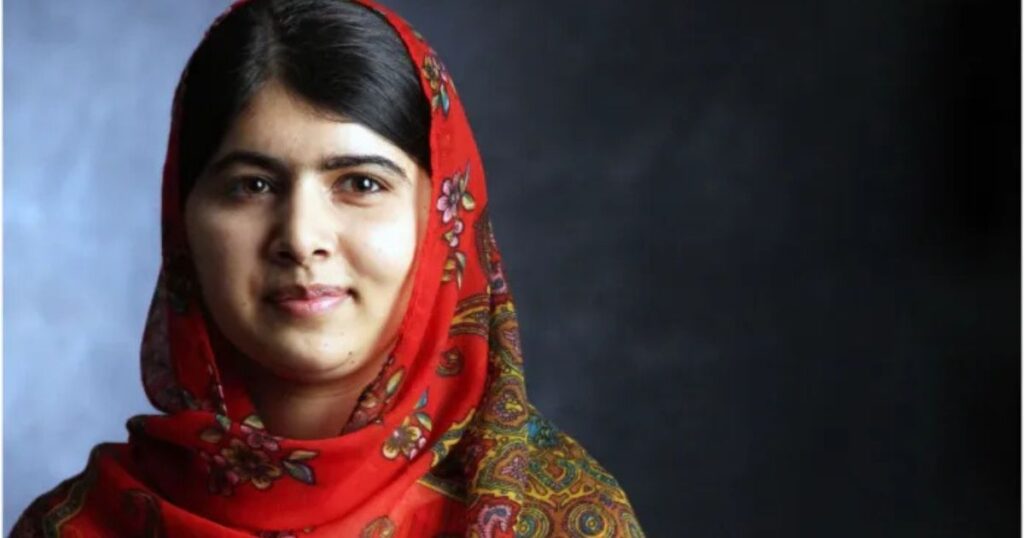
Malala Yousafzai’s journey from a young Pakistani girl in the Swat Valley to becoming an international symbol of peaceful protest and the youngest-ever Nobel Prize laureate is both remarkable and inspiring. Born on July 12, 1997, in Mingora, Pakistan, Malala’s advocacy for girls’ education began at a young age under the influence of her father, Ziauddin Yousafzai, an educator and an advocate for education in Pakistan.
In 2009, when the Taliban took control of the Swat Valley, they banned girls from attending school. Despite the extreme danger and the threats issued by the Taliban against girls receiving an education, Malala, then only 11 years old, spoke out. She wrote a blog for the BBC Urdu under a pseudonym, detailing her life under Taliban occupation and her longing to return to school. Her writings gained international attention, bringing to light the plight of girls in her region.
However, her rising prominence came with grave risks. On October 9, 2012, when Malala was 15, a gunman boarded her school bus, asked for her by name, and shot her. The bullet hit her left brow and went down through her neck. This brutal attack sparked an international outcry, bringing even more attention to the cause she was championing.
Miraculously, Malala survived this assassination attempt. After her recovery, she did not back down but instead continued her crusade for girls’ education with even greater fervor. She co-authored an autobiography, “I Am Malala,” and founded the Malala Fund, an organization dedicated to ensuring every girl has the opportunity to achieve a future she chooses. In recognition of her extraordinary courage and her unwavering commitment to girls’ education, Malala was awarded the Nobel Peace Prize in 2014, at the age of 17.
Malala’s story is not just one of personal triumph but also a testament to the power of education as a tool for change. Her unyielding spirit in the face of adversity has inspired millions around the world. She stands as a beacon of hope and a voice for the voiceless, advocating for the rights of all girls to receive a free, safe, and quality education. Malala’s message transcends borders and cultures, emphasizing that education is not just a basic human right, but a necessary foundation for a peaceful and prosperous world. Her work continues to influence global education policies and inspires a new generation to stand up for their rights and the rights of others.
2. Greta Thunberg – Climate Change Activist
Greta Thunberg, the Swedish environmental activist, has become an emblematic figure in the global fight against climate change. Her journey began at the tender age of 15, marked by a solitary protest outside the Swedish Parliament. Holding a sign that read “Skolstrejk för klimatet” (School Strike for Climate), she demanded more robust action from her government on climate change. This act of defiance quickly catapulted her into the international spotlight, transforming her into a global symbol of youth-led environmental activism.
Thunberg’s message was simple yet powerful: the need for immediate and substantial action to address the looming climate crisis. Her approach, characterized by her straightforward speaking style and her refusal to mince words, resonated deeply, particularly with the younger generation. She emphasized the urgency of the situation and the dire consequences of inaction, compelling those in power to heed the warnings of scientists regarding climate change.
The impact of Greta’s activism rapidly transcended Swedish borders, sparking what would become a worldwide movement. The “Fridays for Future” campaign, initiated by her, inspired millions of students and young people across the globe to participate in school strikes and mass protests, demanding their leaders take concrete steps towards mitigating climate change. This movement brought unprecedented attention to environmental issues, particularly among younger demographics who are set to inherit an increasingly unstable planet.
Greta Thunberg’s role as a leading voice in the climate change discourse has also brought her to some of the world’s most influential platforms. She has addressed the United Nations Climate Action Summit, the World Economic Forum in Davos, and numerous other high-profile events, where she has consistently called out political leaders and policy-makers for their inaction and empty promises. Her speeches, often laced with frustration and a sense of urgency, have challenged leaders to match their words with decisive and effective actions.
Despite facing criticism and pushback from some political figures and critics, Thunberg’s resolve remains unshaken. Her activism has earned her numerous accolades, including nominations for the Nobel Peace Prize. Yet, her focus has always stayed unwaveringly on the cause rather than personal recognition.
Greta’s journey is a testament to the power of youthful activism and its ability to spark global conversations and movements. Her relentless pursuit of climate justice continues to inspire a generation of young activists, who see in her a reflection of their anxiety, hopes, and demands for a more sustainable and equitable future. In a world grappling with the complexities of climate change, Greta Thunberg stands as a beacon of hope and a relentless warrior, advocating tirelessly for the health and future of our planet.
3. Wangari Maathai – Environmentalist and Nobel Laureate
Wangari Maathai’s story is one of extraordinary courage, resilience, and vision. Born in Nyeri, Kenya, in 1940, she grew up in a world where opportunities for women, especially in science and leadership, were scarce. Despite these challenges, Maathai’s dedication to education led her to earn degrees in biological sciences from the United States and Germany before returning to Kenya.
In Kenya, she witnessed firsthand the environmental degradation that was not only harming the ecological balance but also the lives of rural women, who depended on the land for their livelihoods. The deforestation led to a scarcity of resources, including firewood for cooking and clean water, which disproportionately affected women and their families.
In response, Maathai founded the Green Belt Movement in 1977. This grassroots environmental organization had a dual focus: environmental conservation and women’s rights. Its core activity involved encouraging women in rural Kenya to plant trees. This simple act had profound implications. It addressed environmental issues like soil erosion and deforestation while empowering women economically and socially. By paying them a small stipend to plant trees, the Green Belt Movement provided these women with an income, helping to uplift them from poverty.
Maathai’s approach was revolutionary in integrating environmental conservation with social justice. She believed that sustainable development was inseparable from democracy and peace, a vision that was groundbreaking at the time. Her activism wasn’t without challenges. She faced opposition from the Kenyan government and was arrested and assaulted multiple times. Yet, she remained undeterred, becoming a symbol of resistance and a voice for democracy and women’s rights in Kenya.
Her efforts and unwavering commitment to her cause led to remarkable achievements. By the time of her death in 2011, the Green Belt Movement had planted over 51 million trees in Kenya, significantly contributing to environmental restoration and conservation. Her work also played a vital role in empowering over 30,000 women by providing them with the skills and resources to sustain themselves and their families.
In 2004, Maathai’s contributions were globally recognized when she was awarded the Nobel Peace Prize, becoming the first African woman to receive this honor. The Nobel Committee acknowledged her holistic approach to sustainable development that embraced democracy, human rights, and women’s rights as integral elements of peace.
Wangari Maathai’s legacy continues to inspire not just women and environmentalists in Kenya but people all around the world. She left behind a powerful message: that one person’s positive actions, no matter how small, can have a profound impact on the world. Her life’s work remains a testament to the power of grassroots movements in enacting significant environmental and social change.
4. Tarana Burke – Founder of the Me Too Movement
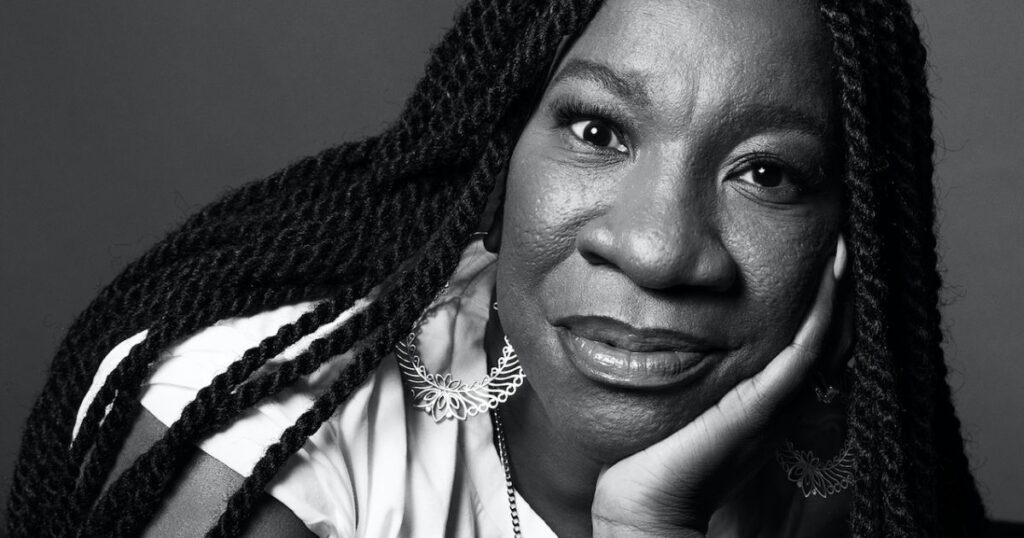
Tarana Burke, a prominent figure in the realm of civil rights activism in the United States, is widely recognized as the founder and driving force behind the ‘Me Too’ movement. This movement, which has resonated globally, aims to provide support to survivors of sexual assault and to raise awareness about the widespread nature of sexual violence. The origins of ‘Me Too’ can be traced back to 2006 when Tarana Burke first used the phrase as a means of fostering solidarity and understanding among survivors of sexual assault. However, it was not until 2017 that the movement catapulted into the limelight and gained unprecedented momentum, largely due to its viral spread on social media platforms.
The significance of Tarana Burke’s work lies in its ability to ignite a comprehensive and nuanced conversation surrounding issues of consent, survivor support, and the broader systemic challenges that perpetuate sexual violence. Her advocacy has brought to the forefront the often-silenced voices and experiences of sexual assault survivors, emphasizing the importance of acknowledging and addressing their trauma.
Furthermore, the ‘Me Too’ movement under Tarana’s guidance has been instrumental in challenging and changing societal norms and behaviors that have historically normalized or overlooked sexual misconduct. The movement has led to a reevaluation of power dynamics in various spheres, including the workplace, educational institutions, and the entertainment industry, highlighting the need for fundamental changes in policies and attitudes.
One of the most significant impacts of Tarana Burke’s efforts and the ‘Me Too’ movement is the increased visibility of survivors’ stories. This visibility has fostered a sense of solidarity and strength among survivors and has encouraged more people to come forward with their experiences, effectively breaking the long-standing stigma and silence surrounding sexual violence.
Moreover, the movement has served as a catalyst for legislative and policy changes aimed at better protecting individuals from sexual harassment and assault. It has inspired companies, organizations, and governments to implement more stringent measures to prevent sexual misconduct and to ensure safer environments for all.
In essence, Tarana Burke’s pioneering work through the ‘Me Too’ movement represents a watershed moment in the ongoing struggle against sexual violence. Her relentless dedication to this cause has not only provided a platform for survivors to share their stories and seek justice but has also sparked a much-needed global dialogue about creating a more equitable and respectful society for everyone.
5. Leymah Gbowee – Peace Activist and Nobel Laureate
Leymah Gbowee’s story is a remarkable example of how individual courage, when combined with collective action, can lead to monumental changes in society. Her journey as a Liberian peace activist exemplifies the extraordinary impact that determined women can have in resolving conflicts and shaping a peaceful future.
Born in central Liberia, Gbowee witnessed the devastating effects of the Liberian Civil War, a conflict that tore her country apart from 1989 to 2003. The war was marked by extreme violence, including the use of child soldiers and widespread abuse against women. In the face of this brutality, Gbowee emerged as a beacon of hope and resilience.
What set Gbowee apart was her ability to unite women across diverse religious and ethnic lines – a significant accomplishment in a country deeply fragmented by conflict. Recognizing the unique suffering and strength of women in times of war, she mobilized an interfaith coalition of Christian and Muslim women. This group, known as the Women of Liberia Mass Action for Peace, became a formidable force advocating for peace.
Gbowee’s leadership was marked by innovative and nonviolent protest strategies. She organized sit-ins, peaceful demonstrations, and even a sex strike to demand the attention of the warring factions. The women dressed in white, symbolizing peace, and gathered in large numbers, singing and praying, creating a powerful visual and moral statement that was hard to ignore.
The persistence and nonviolent resistance of these women eventually led to a pivotal moment in 2003, when Gbowee and her group were instrumental in forcing a meeting during the peace talks in Ghana. Their actions put immense pressure on the warring factions to find a resolution. Ultimately, their efforts contributed significantly to the signing of the Accra Comprehensive Peace Agreement, which marked the end of the Liberian Civil War.
In 2011, Leymah Gbowee was awarded the Nobel Peace Prize, along with Ellen Johnson Sirleaf, the first elected female head of state in Africa, and Tawakkol Karman of Yemen. This recognition was not just for her role in ending the Liberian Civil War but also for her “nonviolent struggle for the safety of women and for women’s rights to full participation in peace-building work.” The Nobel Committee’s decision underscored the crucial role women play in peace processes, a fact often overlooked in traditional, male-dominated peace negotiations.
Leymah Gbowee’s story is indeed a testament to the power of grassroots activism. It highlights how women, often the most affected by conflict, can be powerful agents of change and peace. Her work continues to inspire many around the world, serving as a poignant reminder that peace is achievable when women are given the space and voice to influence change. Her legacy is a testament to the impact women can have in building a more peaceful and just world.
These are just a few examples of the incredible women activists who are changing the world through their tireless dedication and unwavering commitment to social justice. Their stories remind us of the power of grassroots movements and the importance of amplifying the voices of women in the fight for a better future. Let us celebrate and support these inspiring women as they continue to make a lasting impact on the world.
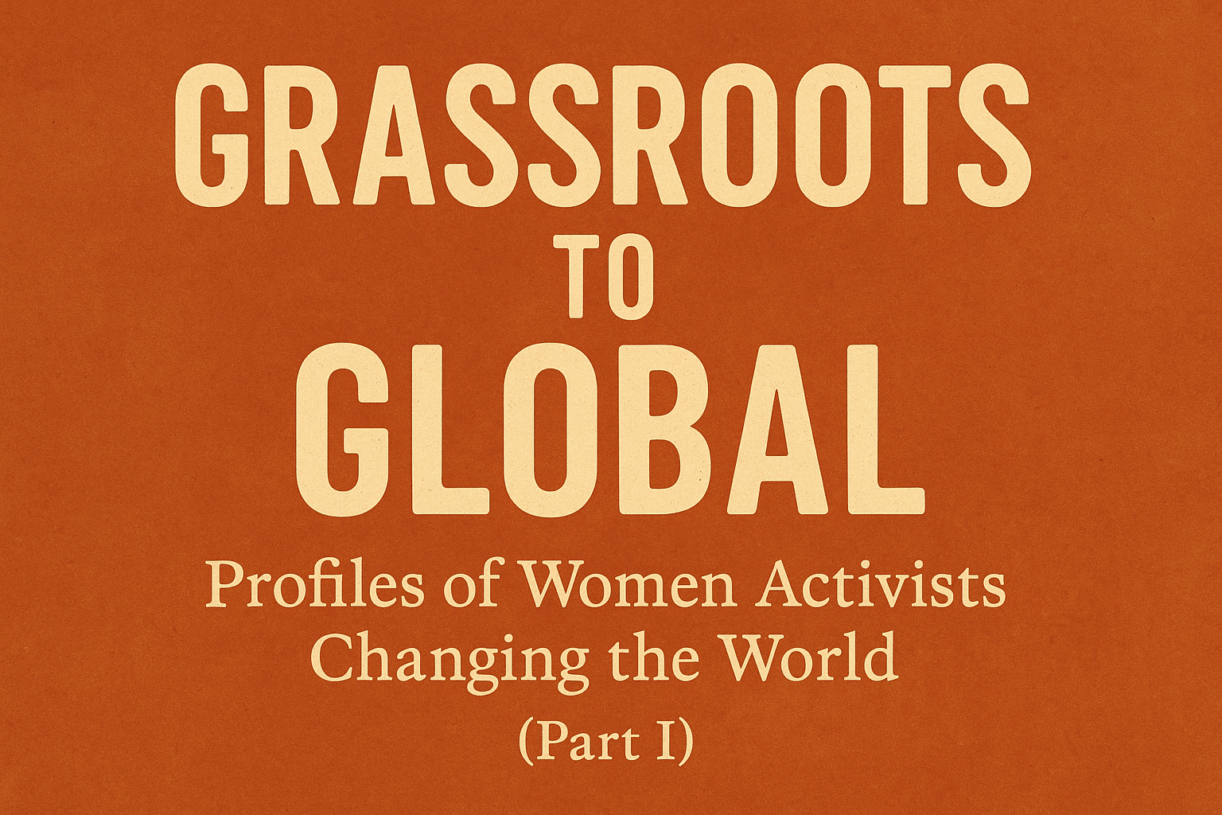


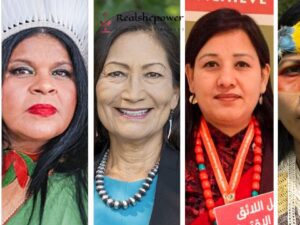


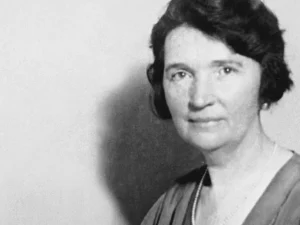

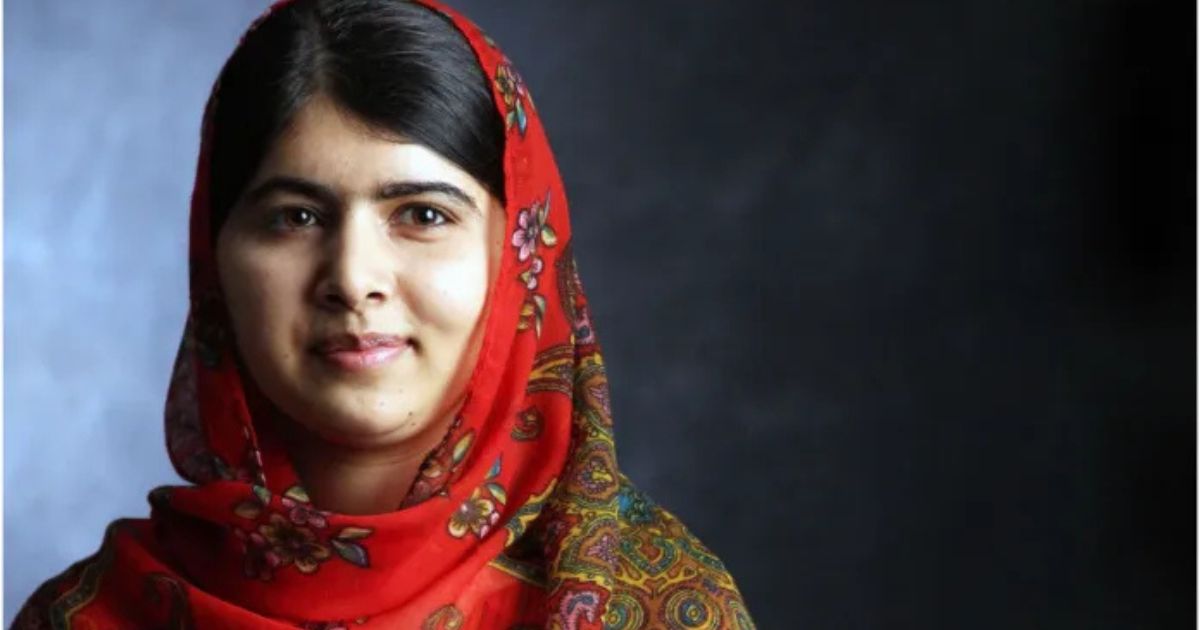



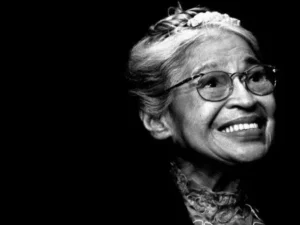






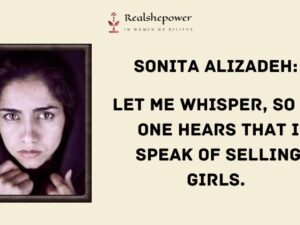




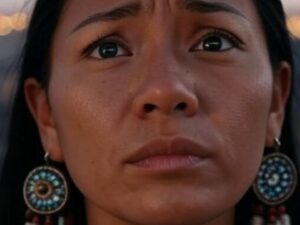

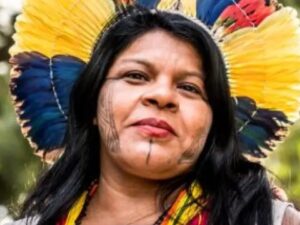


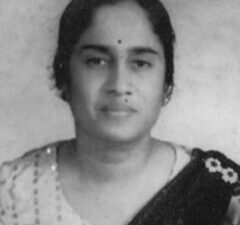



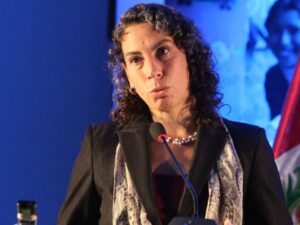




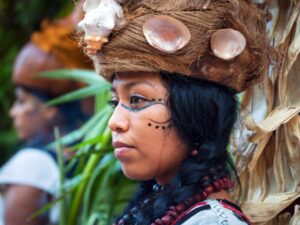

1 thought on “Grassroots to Global: Profiles of Women Activists Changing the World (Part I)”